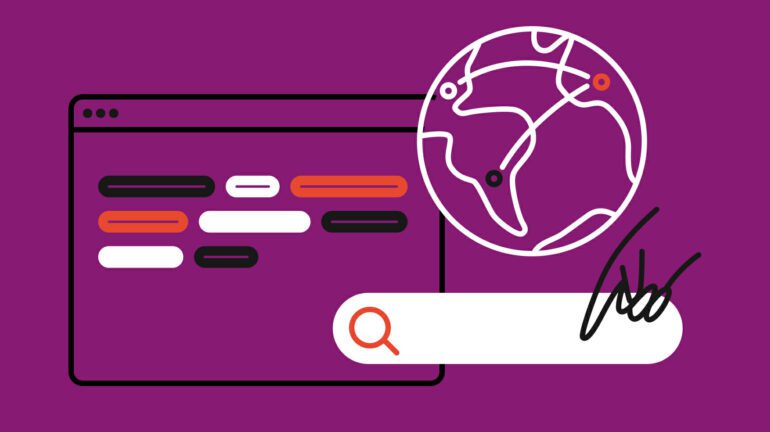TL;DR:
- Major websites are blocking AI crawlers from accessing their content.
- Around 20% of top global websites are preventing AI-powered crawlers from gathering data.
- Lack of clear legal regulations prompts websites to take individual action.
- OpenAI’s GPTBot crawler faced resistance from prominent news sites.
- The number of sites blocking ChatGPT’s bot has increased from 9.1% to 12%.
- Common Crawl Bot faces a 6.77% block rate among top 1000 sites.
- The practice of blocking crawlers raises copyright and data access concerns.
- Google’s data crawlers face disputes over fair use.
- Media companies grapple with balancing AI integration and ethical considerations.
- The increase in blocking AI crawlers poses challenges for data-dependent AI products.
Main AI News:
In a rapidly evolving digital landscape, the clash between advanced AI technology and content protection has taken center stage. As per recent findings by Originality.AI, an AI content detector, nearly 20% of the world’s top 1000 websites have embarked on a campaign to block AI-driven crawler bots from accessing their content. This battle for control has far-reaching implications for the AI industry, copyright enforcement, and the future of data access.
The Shift in Data Gathering Landscape
With OpenAI’s introduction of the GPTBot crawler in August, the spotlight is now on the complex relationship between AI models and the data they depend on. Promising to improve future models, OpenAI’s GPTBot is designed to collect web data, excluding paywalled content, as per its guidelines. However, this initiative has encountered resistance from several prominent news websites, such as the New York Times, Reuters, and CNN, who promptly blocked GPTBot’s access. The trend of websites blocking AI crawlers has been on the rise, affecting even established players like Amazon, Quora, and Indeed.
Navigating the Technological Crossroads
The process of blocking AI crawlers is not new; websites have always had the ability to disallow access to crawler bots through voluntary exclusion instructions. Yet, the emergence of large language models and generative AI has amplified this issue, pushing the debate back into the spotlight. Web giants like Google have long considered their data crawling practices as fair use, but publishers and intellectual property holders have contested this, often leading to legal disputes.
The Ethical and Commercial Dilemma
As AI companies use their crawlers to amass data for training models and generating chatbot content, a new ethical and commercial dilemma arises. Traditionally, search engine crawlers have benefited publishers by directing traffic to their ad-supported websites. However, in the AI era, publishers are more inclined to block access to their data due to the perceived lack of upside in sharing content with AI firms. Many media companies are exploring licensing agreements with AI companies, but discussions remain in the early stages.
Challenges for Media Companies
Media organizations are grappling with a delicate balance between embracing AI’s potential for enhancing profit margins and addressing the ethical concerns associated with its integration. At a time when trust in news organizations is at an all-time low, introducing AI into newsrooms raises questions about journalistic integrity and the potential for automation to impact editorial decisions.
Implications for the Future
The increasing rate at which websites are blocking AI crawlers, particularly the GPTBot, presents a challenge for AI companies that rely on constant data updates to refine their products. Originality.AI’s data reveals a growth rate of approximately 5% per week in the blocking of GPTBot among the top 1000 websites. If this trend continues, AI companies could face difficulties in acquiring the data needed to maintain and improve their AI models.
Conclusion:
The confrontation between major websites and AI crawlers highlights the intricate balance between data accessibility, copyright protection, and technological advancement. This battle has far-reaching implications for AI-driven industries, content creators, and publishers. As websites increasingly block AI crawlers, the market may witness a shift in data acquisition strategies for AI firms. Publishers are asserting control over their content, potentially leading to negotiations and licensing agreements. The growing standoff necessitates ongoing dialogue to shape a future where innovation and content rights coexist harmoniously.

